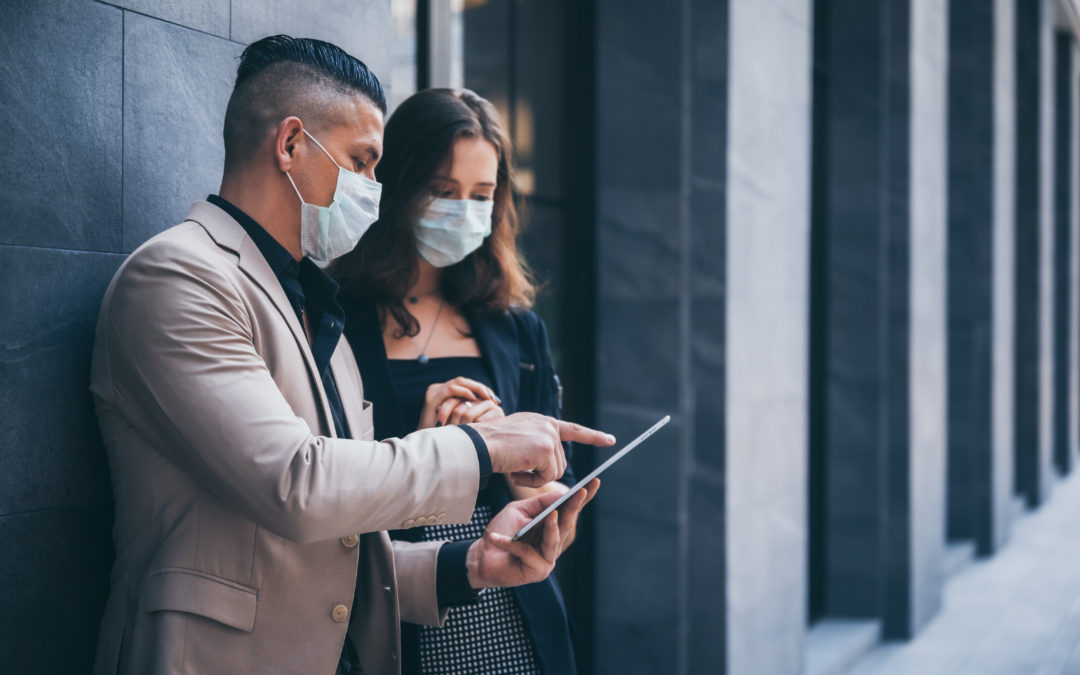Thankfully, the spread of the coronavirus has decreased drastically, but its impact on nonprofit organizations will continue for a long time. If your organization has not already taken advantage of all available programs to help nonprofits, some assistance options remain accessible.
Late in 2020, the Consolidated Appropriations Act (CAA) of 2021 passed both houses of Congress, providing $900 billion in additional funding for COVID-related aid. This second round of funding extends certain programs, as well as broadens the application of funding, in some cases retroactively.
Economic Injury Disaster Loans (EIDL)
The CAA added $20 billion in funding for the EIDL program and extended it through the end of 2021. The Small Business Administration (SBA) offers low interest loans (30-year fixed at 2.75% for nonprofits) with no prepayment penalty or fees.
The SBA announced a new maximum loan amount of $500,000 in March 2021, and organizations that had smaller loans approved prior to April 7, 2021 may be eligible to apply for an increase.
Unlike PPP loans, EIDLs have fewer restrictions placed on how borrowers can spend the money. They can use funds for working capital and normal operating expenses. Loans for $25,000 or less don’t require collateral, which can help many nonprofits.
Shuttered Venue Operator Grants
This SBA grant, also known as the Save Our Stages (SOS) program, provides grants up to $10 million (or 45% of 2019 gross revenue) to theater and live venue operators, performing arts organizations, certain museums, and talent representatives. Of the $16 billion allocated for this funding vehicle, the SBA reserved $2 billion for entities with 50 or fewer full-time employees.
This grant has similar eligibility requirements to second-round Paycheck Protection Program (PPP) in terms of decline in gross earned revenue from a quarter in 2019 and the same quarter in 2020. SOS grants can be used to cover payroll, rent, mortgages, and renovations required to meet health and safety protocols as venues reopen. The SBA prioritizes SOS applications, starting with applicants that have suffered the greatest losses.
Next Step
As you might expect, applying for these COVID relief programs can be complicated. The SBA website has FAQs and other information that can provide guidance.
If you have questions about your COVID relief options, please contact a Hantzmon Wiebel team member today.
Contact Us
Disclaimer of Liability
Our firm provides the information in this article for general guidance only, and does not constitute the provision of legal advice, tax advice, accounting services, investment advice or professional consulting of any kind. The information provided herein should not be used as a substitute for consultation with professional tax, accounting, legal or other competent advisors. Before making any decision or taking any action, you should consult a professional advisor who has been provided with all pertinent facts relevant to your particular situation. Tax articles in this blog are not intended to be used, and cannot be used by any taxpayer, for the purpose of avoiding accuracy-related penalties that may be imposed on the taxpayer. The information is provided “as is,” with no assurance or guarantee of completeness, accuracy or timeliness of the information, and without warranty of any kind, express or implied, including but not limited to warranties of performance, merchantability and fitness for a particular purpose.
Blog
Nonprofit Insights

